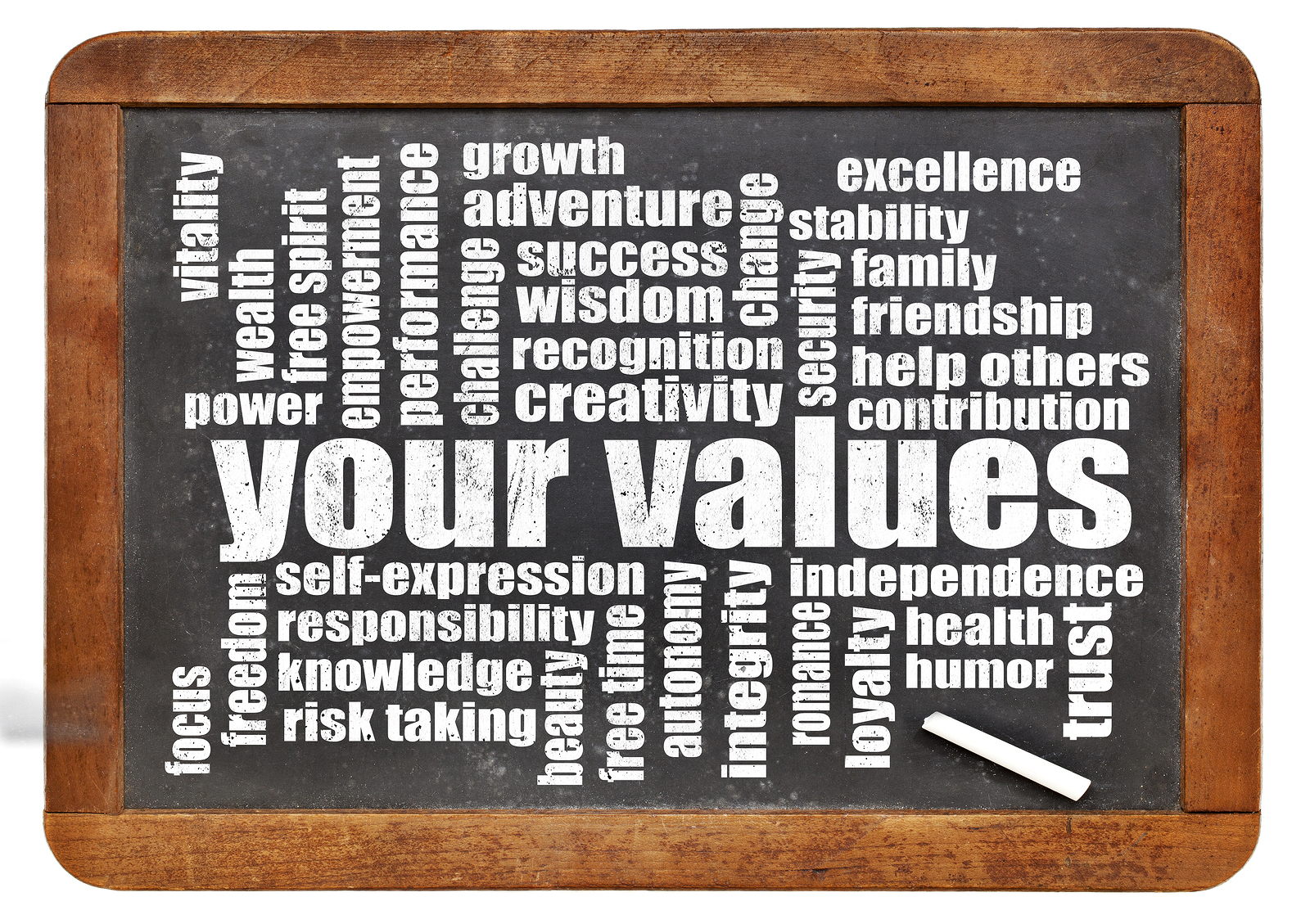“O wad some Power the giftie gie us To see oursels as ithers see us!”
-Songs and Poems by Robert Burns
Or, roughly translated for the non-Scots among us: Oh would some power the gift give us, To see ourselves as others see us.
In other word: Know thyself.
It’s the first thing we do in working with individual coaching clients, and in particular in our work with teams. Help each of them know themselves, from several different perspectives using our Positive Core tool. What comes naturally to each person, what they do well, how they are likely to be perceived, and where they are likely to run into trouble.
As we work through this, typically a few things happen. First, their faces show a dawning comprehension, and they say, so that’s why I…
- Get exhausted with too many social events
- Seem to annoy other people by asking too many questions
- Leave everything till the last minute
- Plan everything in advance
- Hate details and research
- Love variety and need a lot of change
Once we understand who we are, we also understand who we are not.
Sometimes this causes what Gordon and I jokingly call “strengths envy”. We secretly hope that our Positive Core will reveal us to be outgoing and social when we are, in fact, reserved and analytical. Or we discover that our degree of Expressiveness and Assertiveness is exceeded by only 5% of the population – oops – no wonder I sometimes dominate the conversation and can’t figure out why others don’t speak up more. Or our value of Authenticity is jangled when someone else’s value of Kindness leads them to shade the truth to avoid a social faux pas.
Further digestion then usually prompts an outward look:
- How can I get my child/spouse/boss/colleague to take this?
- I’ll bet Fred (whom I can’t stand) is the exact opposite of me
- I’m guessing Sharon’s profile is quite similar to mine – no wonder we just seem to click
- How can I figure out someone else’s Positive Core?
That’s when things really begin to hum along. Got it. My take on things is a perspective, not the-only-reality. My instinctive way of going about things works in some contexts, forms part of the picture, but other ways and means are needed. And my weaknesses, as I’ve always thought of them, are better overcome by calling on someone else’s strengths.
This isn’t to let people off the hook, or make excuse for bad behavior. The Positive Core is a tool to help get the right person in their best role for the team, so they can capitalize on their most effective capacities. And we stop wasting time and energy. That’s why they call it teamwork.

